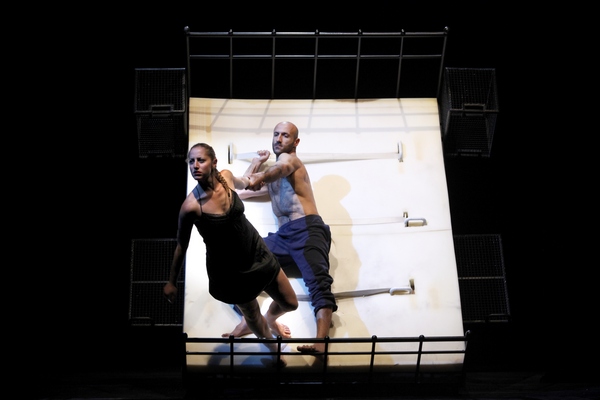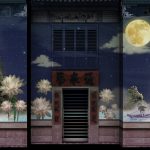
The 24th Macao Arts Festival (MAF) enters its third week with two highly anticipated shows. The Dóci Papiaçám di Macau Drama Group takes to the stage once more at the Macao Cultural Centre Grand Auditorium on May 25th and 26th, Saturday and Sunday, at 8pm, with a new work titled Amochai Divoto. Performed by local amateur actors, this play gives a humorous portrayal of the relationship between Ernesto and Amália, united by love but kept apart by their families, traditional rivals in every aspect, including politics. Aiming to preserve Macao's Patuá, a language identified as critically endangered by UNESCO, the Dóci Papiaçám di Macau Drama Group offers audiences another of their riotous annual theatrical productions. Not to be missed, this social satire will prompt laughter while also providing food for thought. Audiovisual Mapping is also back in town, returning in the wake of enormously successful presentations in 2011. The creators of these shows were invited by the Cultural Affairs Bureau to offer an intensive, three-part mapping workshop in Macao this past winter. The course graduates will now present the local community with two of their own new works, specially designed for the façades of Tap Seac Square (May 26-29) and the Mandarin's House (May 31 – June 8, admission with free ticket to be distributed at 7pm at the venue, limited to 100 tickets per show and two tickets per person, due to the venue's limited space), with shows at 8:00, 8:30 and 9:00pm (shows will be cancelled in the event of rain at 7pm on the referred evening; announcements will be made at IC's website and FAM page). Tickets for the 24th Macao Arts Festival are still available, in limited numbers, at all Kong Seng Ticketing Network outlets. Telephone bookings may be made on 2855 5555. For more information please check the MAF website at: www.icm.gov.mo/fam.
View gallery


